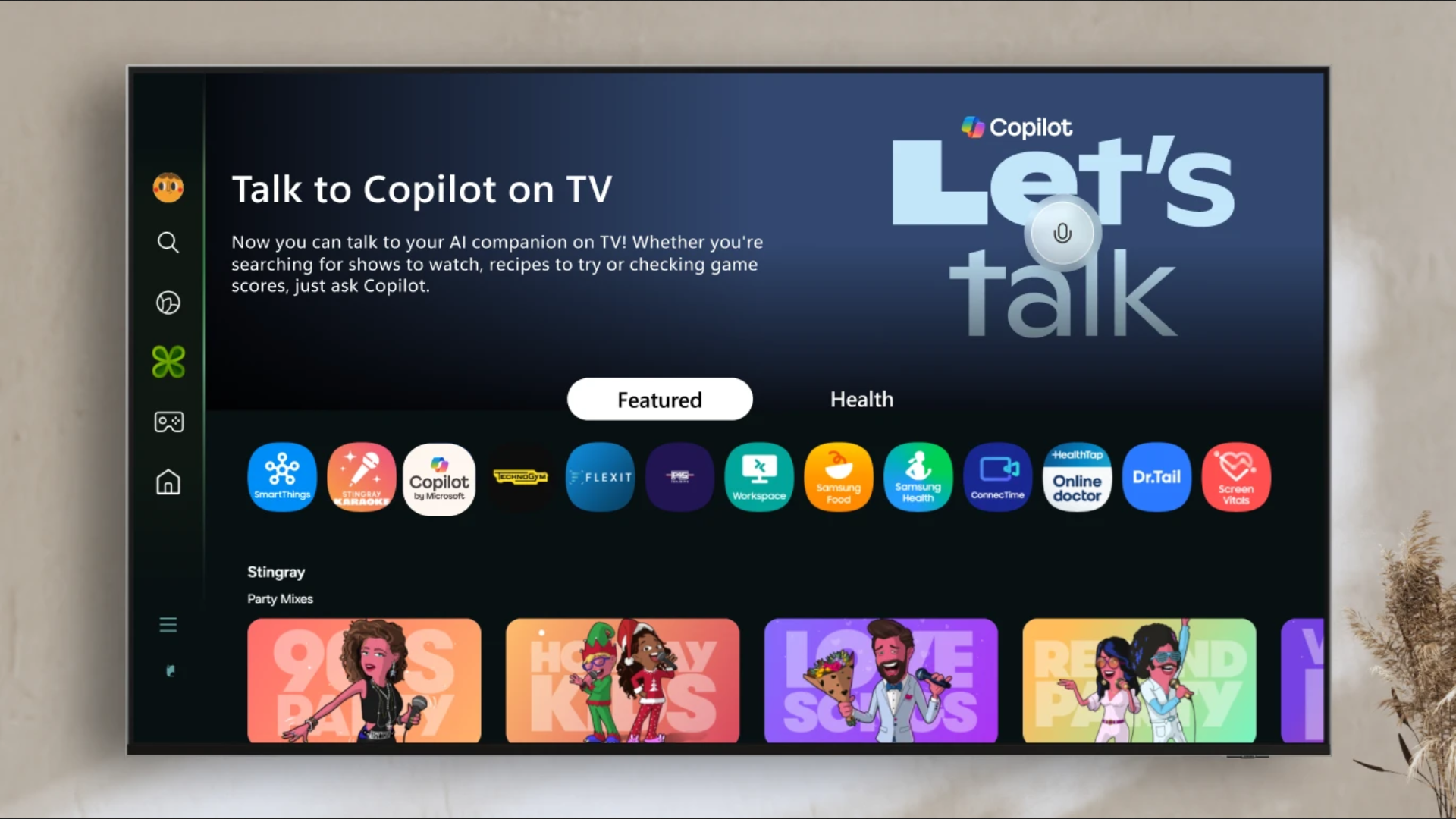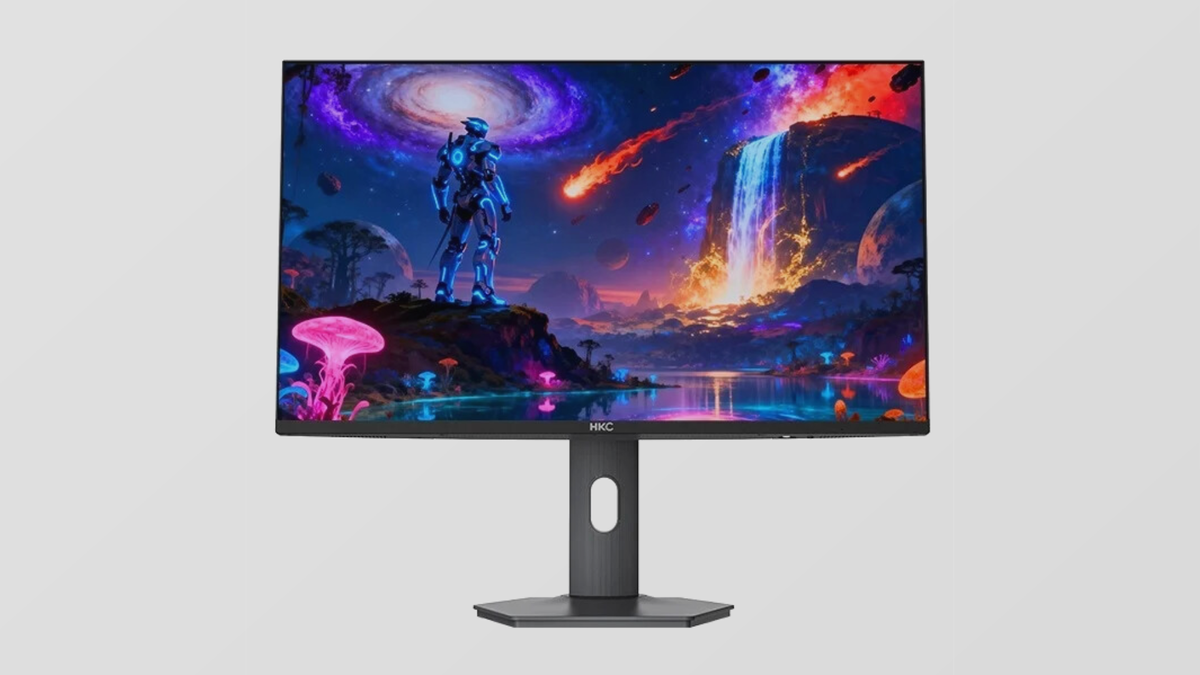Television voice assistants can be great for speeding up finding and starting shows and movies, but Microsoft and Samsung seem to think people want a full conversational partner on their screen.
Microsoft's Copilot AI assistant is debuting on some Samsung TVs and monitors, but just because talking is faster than typing out words with a remote when you're searching for something on a streaming service doesn't mean I want to add an AI participant to a debate about what to watch.
Microsoft and Samsung aren't coming at the concept randomly, of course. The idea that your TV can help you decide what to watch, recap episodes you half-forgot, and recommend movies that suit everyone's mood has some appeal.
That it will also answer questions about the weather or your weekend plans seems extraneous, but not totally irrelevant. But giving Copilot more of a personality and making it a fully animated blob on your screen feels more intrusive than it does a way to personalize the viewing experience.
Let’s start with the simple truth that most people do not turn on their televisions to hold a conversation. They want to watch things. Spoiler-free recaps and hyper-specific recommendations are great, but Copilot's presence seems designed to draw you into a conversation about your genre preferences, what you remember from a show returning with a new season, or ideas for a movie to match the rain outside.
I don't buy that it's always faster, easier, or more pleasant than just pulling out your phone and Googling it. I’m not convinced most people will want to vocalize their media confusion aloud. And that's without accounting for inevitable misunderstandings by the AI. It's a delay dressed up as a service.
TV talkback
And then there’s falling down the rabbit hole. We all know some people spend forever scrolling for something to watch. We’ve all had those nights where the entire evening gets eaten by menus. You start with the intent to unwind and end up paralyzed by infinite choice, toggling between seven apps, only to settle on rewatching your favorite sitcom for the millionth time. Now imagine adding a new layer of dialogue. You’re not just clicking, you’re talking. This isn't a solution to decision fatigue. It’s an enabler.
Copilot is explicitly billed as something to summon and dismiss at will, but if you're old enough, that bouncy, helpful face popping up will bring back memories of a very unhelpful Microsoft assistant that mimicked a personality named Clippy.
Not that plenty of families might not enjoy the new features. If planning a movie night is a group activity, Copilot might be a fun addition or tiebreaker, maybe even a way to bridge tastes. The UI is pleasant enough, but charming doesn't necessarily mean it's welcome.
There's far too much content for anyone to sort through manually, and I personally acknowledge disliking the idea that we need an AI assistant to guide us through our own entertainment habits, as TV has become too complicated for humans to manage. But getting suggestions from friends, critics online, or just random scrolling or broad searches for a genre is part of the fun of the streaming age.
That’s the subtext here. That we’ve made such a tangled mess of media platforms and algorithms that the only logical next step is to talk it out with a digital assistant. But I'll stick with a more basic form of communication with my TV and leave the conversation for other devices.







 English (US) ·
English (US) ·